Science Talk
With our Science Talk blog, we hope to lift the lid on the black box that is the ICR: to show you inside our labs, to introduce you to a few of the people here who make the discoveries, and to allow them to tell some of the stories behind the science. We try to put our discoveries in a wider scientific context, and give an idea of how our science is actually done. We also give you the view from the ICR of important developments in the wider world of cancer research.
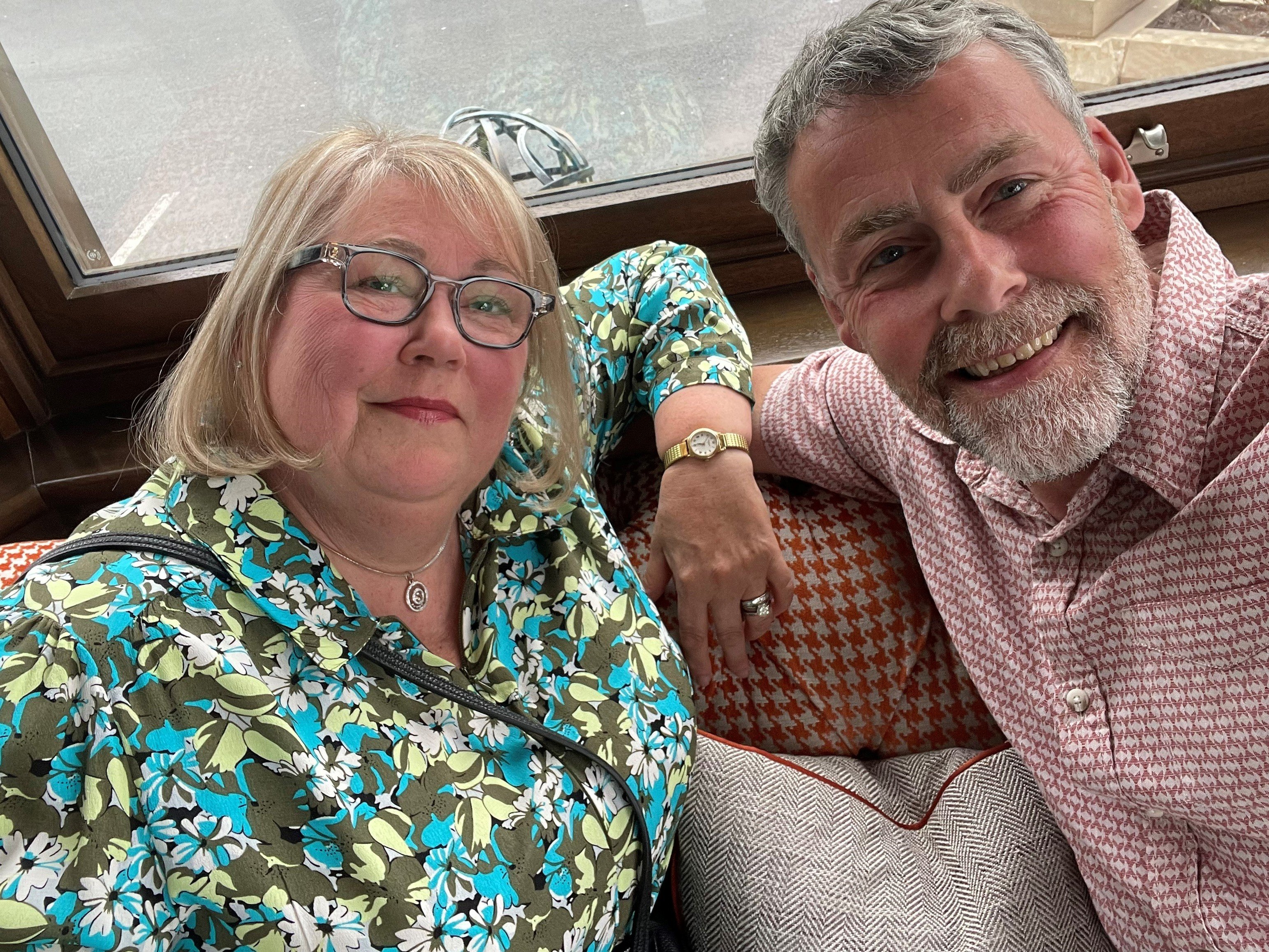
“Immunotherapy is a game-changer” – Glenys’ story
Glenys Gregory recently became a grandmother, but at one point, she’d wondered if she would live to see him born. In January 2020, Glenys was diagnosed with advanced lung cancer after nursing her mother through the same disease. Due to the coronavirus pandemic, she went straight onto immunotherapy and a scan in summer 2023 revealed that she had no evidence of disease. Here she tells her story.

Cancer researchers are shining a spotlight on RNA
To mark World RNA Day, Isy Godfrey explores why cancer researchers are increasingly interested in RNA and considers the impact this essential molecule may have on the future cancer treatment landscape.
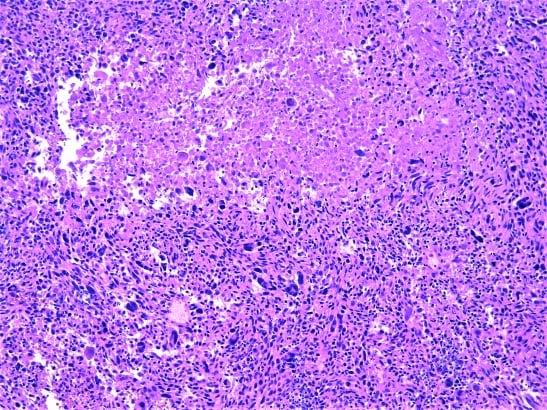
How do we overcome treatment resistance in a sarcoma cancer with already limited treatment options?
Leiomyosarcoma is a type of soft tissue sarcoma that is hard-to-treat and associated with a poor prognosis. Scientists at the ICR are working to better understand the biology of this cancer to develop more targeted and effective treatment options. Elena Daviter-Nowell spoke to Dr Will Kerrison about the future of cancer treatment for patients with leiomyosarcoma.
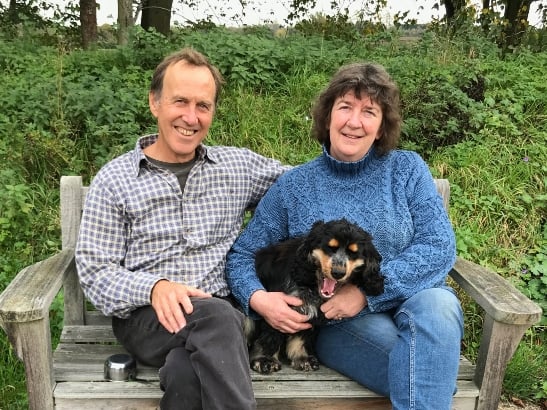
“Immunotherapy is the way forward” - Camilla’s story
Camilla Keeling was a month away from celebrating her 61st birthday when she was diagnosed with skin cancer. After having it removed, she thought she was in the clear but not long after, she found out it had spread to her lungs, and later, her brain and bowel. She is now receiving immunotherapy which has seen her tumours shrink and given her renewed hope. Here is her story.

“Immunotherapy is keeping me alive” - John’s story
On his daughter’s second birthday in 2009, John Dabell was diagnosed with advanced head and neck cancer. He went through extensive surgery and treatment and was on the road to recovery when he was diagnosed with cancer again – this time, a tumour in his throat. John was told he didn’t have long to live. But then he started immunotherapy. Here, he talks about its incredible impact and the opportunity it’s given him to spend more time with his wife and daughter.
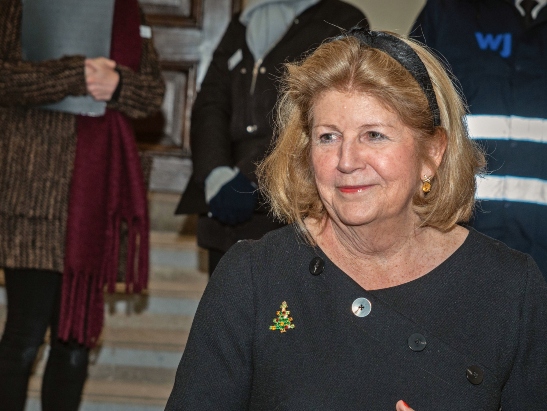
Channelling a diagnosis into change: Carols from Chelsea chair reflects as she stands down after seven years
Christmas may feel far away, but plans are already underway for this year’s Carols from Chelsea. It’s the flagship fundraising event of the ICR’s calendar, raising almost £2 million for our life-changing research over the 20 years it’s been running. Diana MacKenzie-Charrington recently stepped down as chair of the committee behind the evening, and here she reflects on her experiences and motivations.
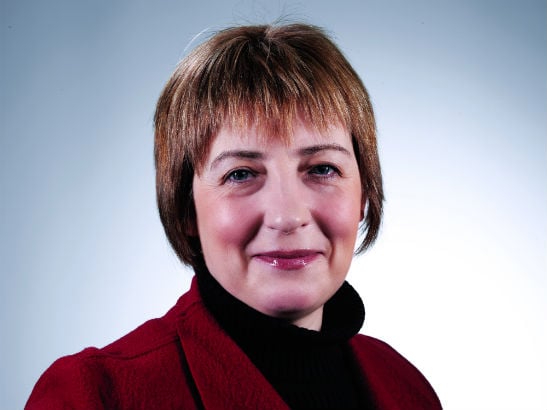
Inspiring tomorrow's leaders – an education strategy for a changing world
Chief Research and Academic Officer, Dr Barbara Pittam, sets out how we will empower the next generation of cancer researchers by providing the best possible education, training and careers support.
.jpg?sfvrsn=cf90dc7d_2)
ASCO 2023: Cancer experts gather in Chicago
This June world-leading cancer researchers from around the globe are getting ready to present and discuss the latest advances in the oncology at the 2023 ASCO Annual meeting in Chicago. Ahead of the meeting, we look at some of the ICR’s research being presented this year.
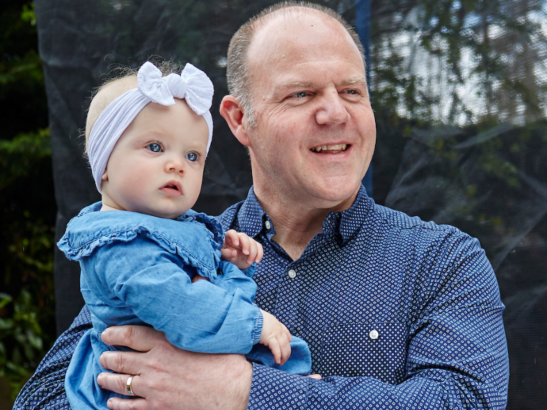
“I’m so grateful to be here’’ - How immunotherapy sparked Graham’s remarkable recovery
Graham Bonner was in his early fifties when he went from cycling 100 miles a week to being dependant on oxygen. He'd been diagnosed with kidney cancer in 2020, and later the father-of-three learned it had spread to his lungs, abdomen and lymph glands. But after treatment with immunotherapy, he made what he describes a ‘miraculous’ recovery and his scan showed no evidence of disease. Here he tells his story.
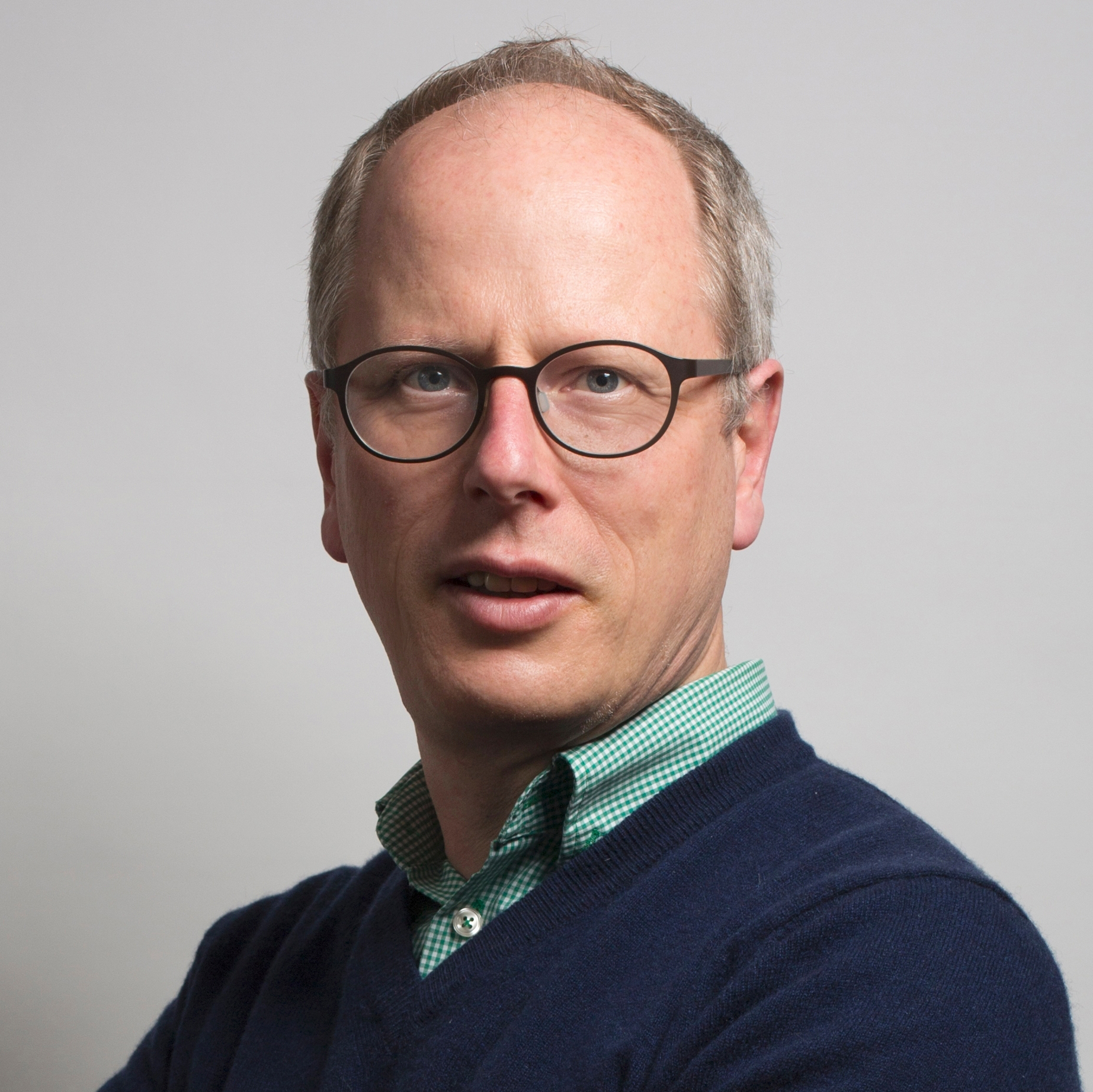
Small molecules, clinical trials and protein degradation: our new Head of Chemistry on 25 years in cancer drug discovery
Professor Swen Hoelder gave his inaugural lecture recently to mark his promotion to Professor at the ICR in 2020 – an event that had been postponed due to the Covid pandemic.
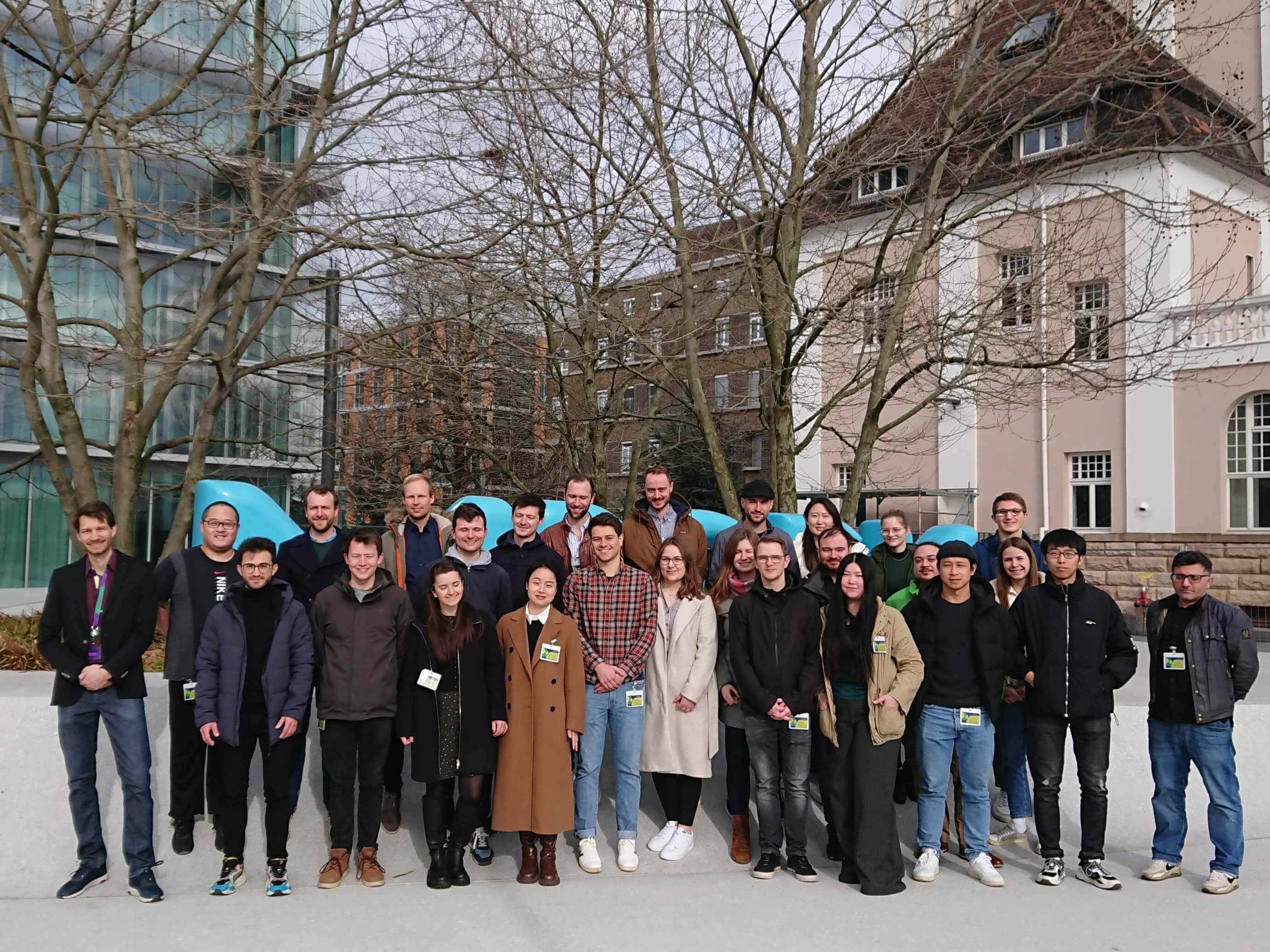
Hacking students’ knowledge at the first ever Chemical Probes Portal Hackathon
The Chemical Probes Portal completed its first ever Probe Hackathon, bringing students and experts together to evaluate the quality of tools for biomedical research and drug discovery.
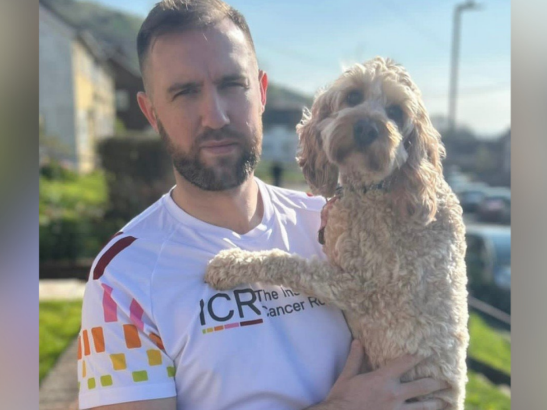
Running the Marathon in memory of Mum – Daniel’s story
Daniel Davidson’s mum, Amanda Hood, died of cancer during the pandemic, just months after her diagnosis. Now to celebrate her life, he is running the 2023 London Marathon as part of #teamICR. Here Daniel explains why, despite the challenges of working on an oil rig in the North Sea and not being a keen runner, he is determined to take on this gruelling race to raise vital funds for our research.
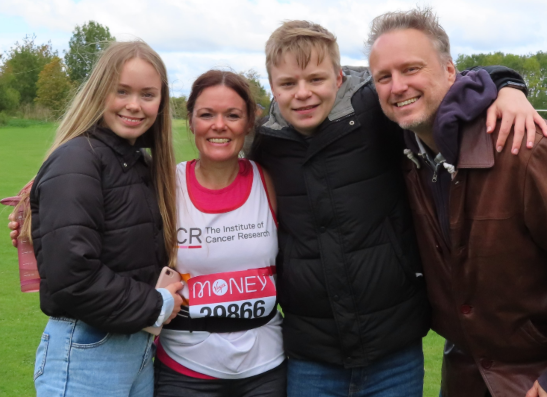
From cancer patient to marathon runner - Susanna’s story
Susanna Stephenson was diagnosed with breast cancer just three days before her 42nd
birthday in 2014. Following treatment, the mum of two has now recovered and is part of our amazing #teamICR runners taking on the 2023 London Marathon.
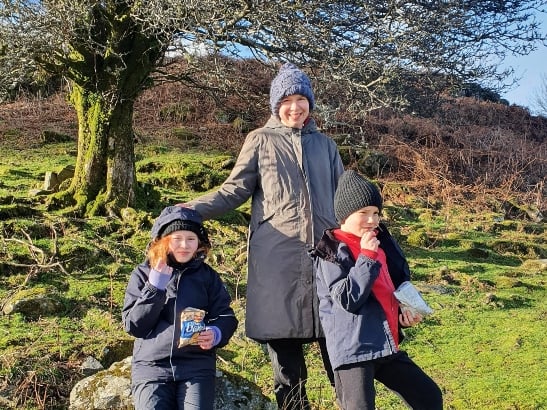
Olaparib – a story of hope for cancer patients
In 1995 researchers at The Institute of Cancer Research, London, uncovered the breast cancer susceptibility gene BRCA2. This discovery helped families to assess their cancer risk through genetic testing, enabling them to be closely monitored or take preventative measures.
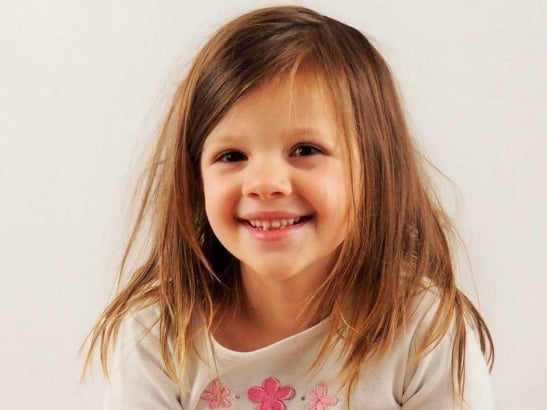
New 1 million pound project designed to unravel the mystery of chameleon-like childhood cancer cells
Our scientists have embarked on pioneering research to find new therapies that will prevent or treat relapse in rhabdomyosarcoma – thanks to a £1 million pound grant from our family charity partner Alice’s Arc.

Breaking down regulatory barriers could deliver step change improvements to prostate cancer outcomes
We have seen major advances in prostate cancer research, and people with the disease are living longer than ever. However, more needs to be done to harness scientific discoveries and bring innovative drugs to patients. Here we discuss the regulatory landscape and reforms needed to ensure patients can access the most innovative treatments as quickly as possible.
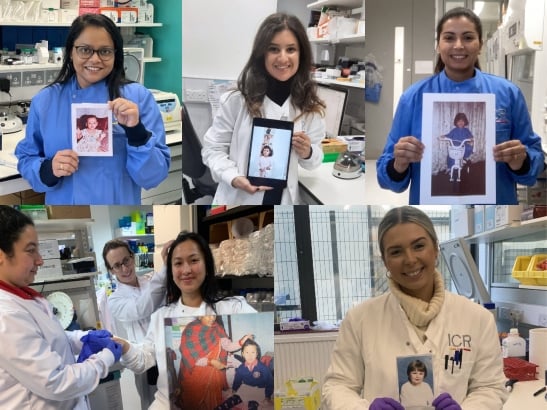
Cancer research careers: Scientists share who inspired them to become researchers
What did you want to be when you grew up – a singer, a lawyer, a designer? What about a cancer researcher? To mark International Day of Women and Girls in Science, we asked some of our researchers who it was that first inspired them to pursue a career in science.
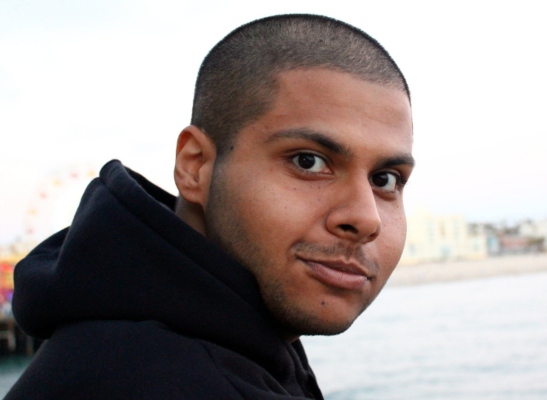
"No one should have to lose a loved-one due to lack of research"
How a family’s devastating loss spurred them to fund research into Gliomatosis Cerebri and other rare and inoperable brain cancers.
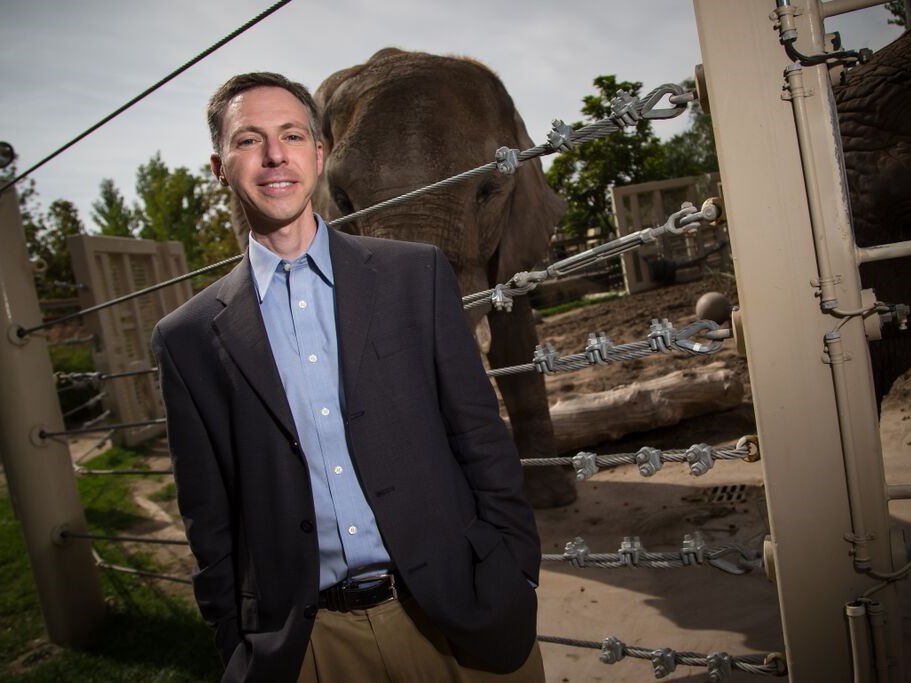
Why elephants rarely get cancer – how evolution is helping unlock nature’s potential to overcome cancer
Emma Ong spoke to Professor Joshua Schiffman when he visited the ICR to deliver the annual Darwin Lecture. He shared how his research both involves studying elephants and builds on the work of Charles Darwin.
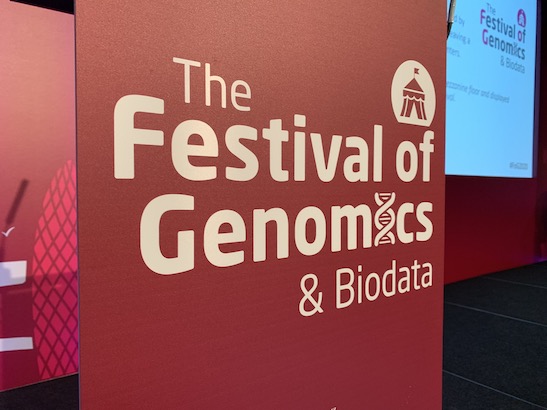
How is genomics transforming cancer research and treatment? Seven lessons learned from the Festival of Genomics & Biodata 2023
Scientists from around the world, including many ICR researchers, gathered last month at the Festival of Genomics & Biodata in London. Julia Bakker and Diana Cano attended the conference and report back on some of the key take-home messages.